An article written by the president-elect of Iran
I ran for office on a platform of constructive engagement with the world
On May 19, 2024, the untimely passing of President Ebrahim Raisi - a deeply respected and dedicated public servant - in a tragic helicopter crash precipitated early elections in Iran, marking a pivotal moment in our nation's history.
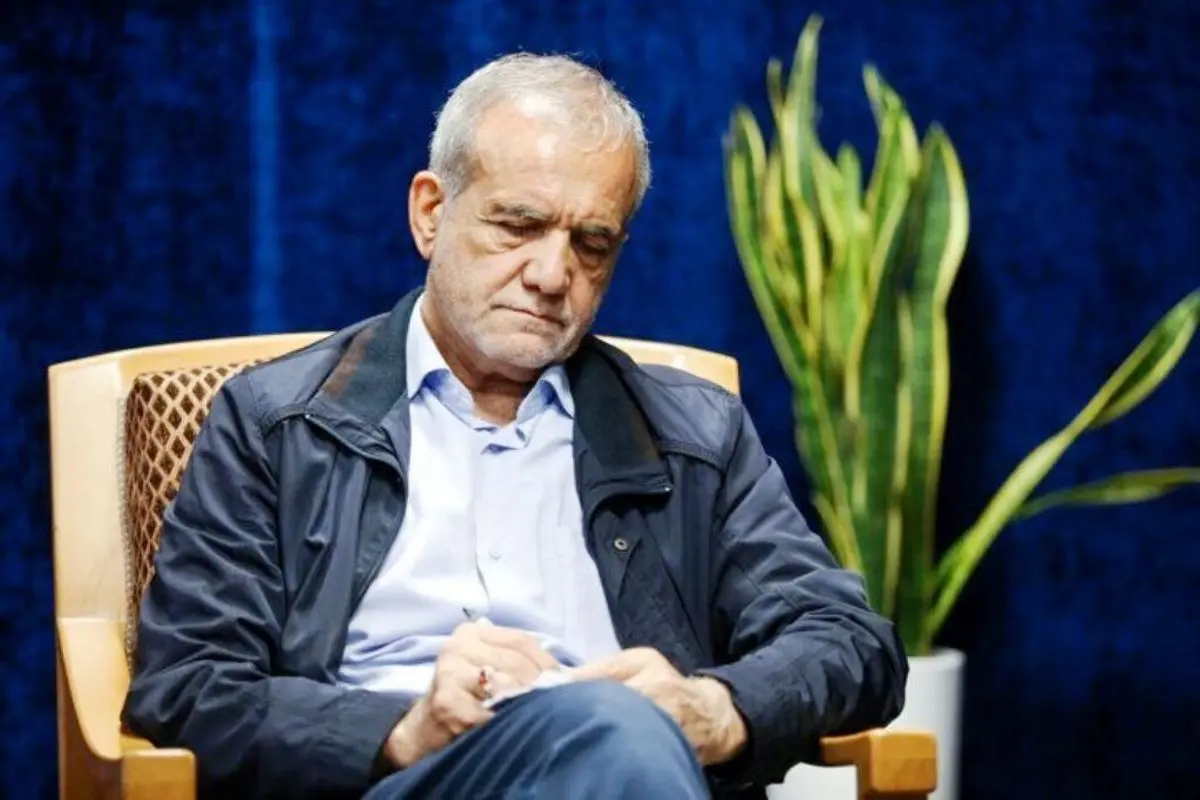
On May 19, 2024, theuntimely passing of President Ebrahim Raisi - a deeply respected and dedicated public servant - in a tragic helicopter crash precipitated early elections in Iran, marking a pivotal moment in our nation's history.
Amidst war and turbulence in our region, Iran’s political system demonstrated remarkable stability by conducting elections in a competitive, peaceful, and orderly manner, dispelling insinuations made by some “Iran experts” in certain governments. This stability, and the dignified manner in which the elections were conducted, underscore the discernment of our Supreme Leader, Ayatollah Khamenei, and the dedication of our people to democratic transition of power even in the face of adversity.
I ran for office on a platform of reform, fostering national unity, and constructive engagement with the world, ultimately earning the trust of my compatriots at the ballot box, including those young women and men dissatisfied with the overall state of affairs. I deeply value their trust and am fully committed to cultivating consensus, both domestically and internationally, to uphold the promises I made during my campaign
I wish to emphasize that my administration will be guided by the commitment to preserving Iran's national dignity and international stature under all circumstances. Iran’s foreign policy is founded on the principles of "dignity, wisdom, and prudence", with the formulation and execution of this state-policy being the responsibility of the president and the government. I intend to leverage all authority granted to my office to pursue this overarching objective.
With this in mind, my administration will pursue an opportunity-driven policy by creating balance in relations with all countries, consistent with our national interests, economic development, and requirements of regional and global peace and security. Accordingly, we will welcome sincere efforts to alleviate tensions and will reciprocate good-faith with good-faith.
Under my administration, we will prioritize strengthening relations with our neighbors. We will champion the establishment of a "strong region" rather than one where a single country pursues hegemony and dominance over the others. I firmly believe that neighboring and brotherly nations should not waste their valuable resources on erosive competitions, arms races, or the unwarranted containment of each other. Instead, we will aim to create an environment where our resources can be devoted to the progress and development of the region for the benefit of all.
We look forward to cooperating with Turkiye, Saudi Arabia, Oman, Iraq, Bahrain, Qatar, Kuwait, the United Arab Emirates, and regional organizations to deepen our economic ties, bolster trade relations, promote joint-venture investment, tackle common challenges, and move towards establishing a regional framework for dialogue, confidence building and development. Our region has been plagued for too long by war, sectarian conflicts, terrorism and extremism, drug trafficking, water scarcity, refugee crises, environmental degradation, and foreign interference. It is time to tackle these common challenges for the benefit of future generations. Cooperation for regional development and prosperity will be the guiding principle of our foreign policy.
As nations endowed with abundant resources and shared traditions rooted in peaceful Islamic teachings, we must unite and rely on the power of logic rather than the logic of power. By leveraging our normative influence, we can play a crucial role in the emerging post-polar global order by promoting peace, creating a calm environment conducive to sustainable development, fostering dialogue, and dispelling Islamophobia. Iran is prepared to play its fair share in this regard.
In 1979, following the Revolution, the newly established Islamic Republic of Iran, motivated by respect for international law and fundamental human rights, severed ties with two apartheid regimes, Israel and South Africa. Israel remains an apartheid regime to this day, now adding "genocide" to a record already marred by occupation, war crimes, ethnic cleansing, settlement-building, nuclear weapons possession, illegal annexation, and aggression against its neighbors.
As a first measure, my administration will urge our neighboring Arab countries to collaborate and utilize all political and diplomatic leverages to prioritize achieving a permanent ceasefire in Gaza aiming to stop the massacre and prevent the broadening of the conflict. We must then diligently work to end the prolonged occupation that has devastated the lives of four generations of Palestinians. In this context, I want to emphasize that all states have a binding duty under the 1948 Genocide Convention to take measures to prevent genocide; not to reward it through normalization of relations with the perpetrators.
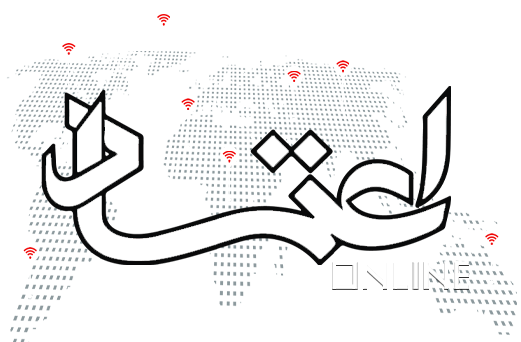






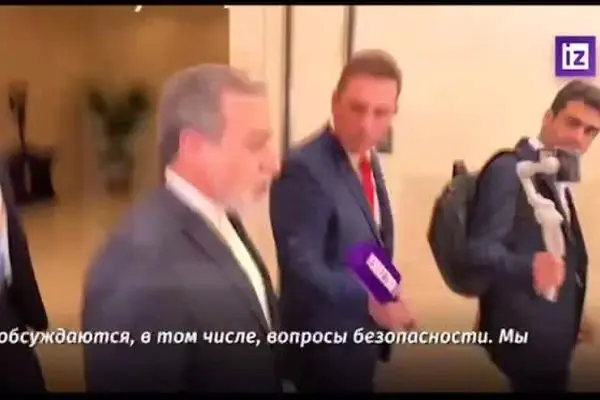
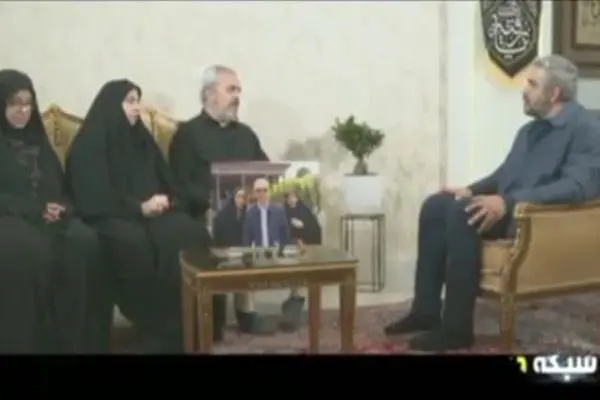
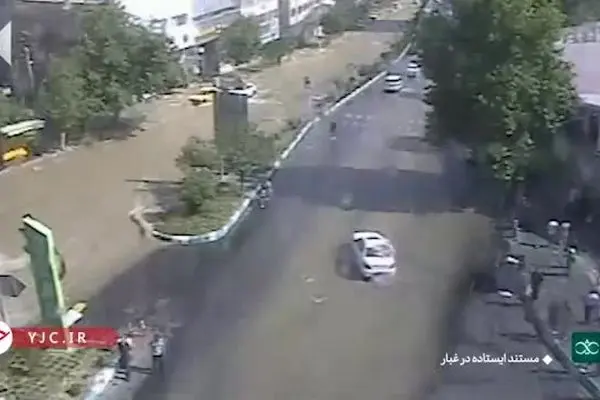





دیدگاه تان را بنویسید